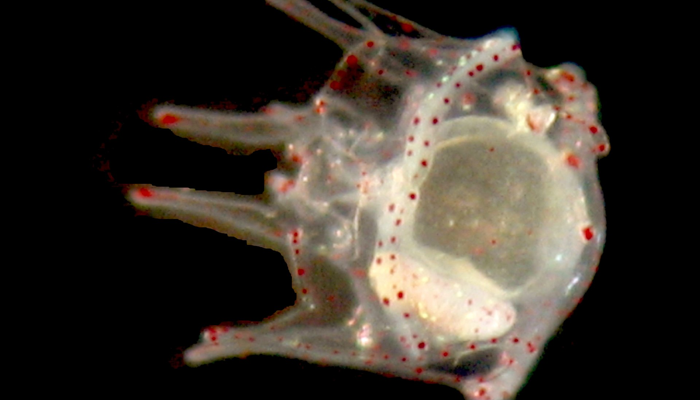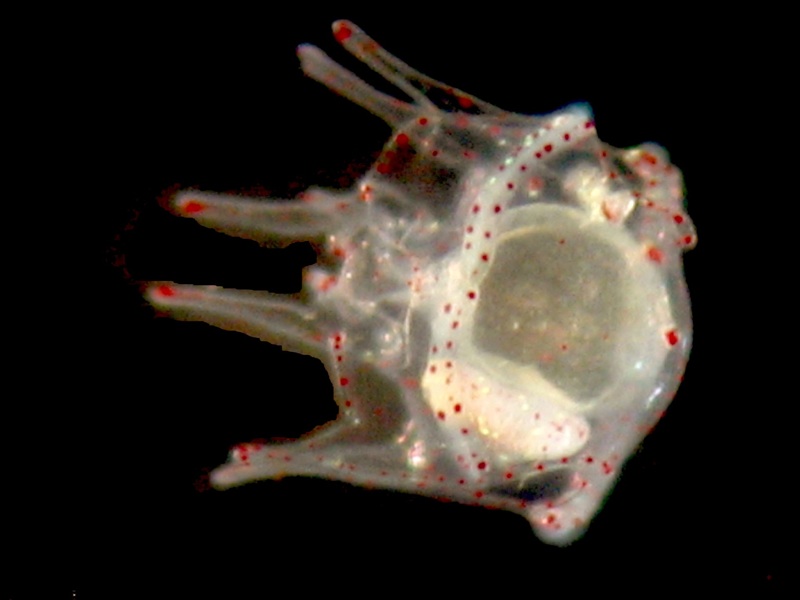
Global warming and ocean acidification affect fertilization and early development of the sea urchin. Paracentrotus lividus
- Post by: jocarher
- 12:48PM Jan 28, 2014
- No Comment
Increasing values of atmospheric CO2 and consequent seawater warming, as well as progressive seawater acidification constitute stressors for marine populations that may induce migrations and even local extinctions. We evaluated the separated effects of (1) high predicted temperature levels and (2) low predicted pH values on fertilization and early development stages of the sea urchin Paracentrotus lividus. Three treatments of temperature and pH were tested, according to current seawater conditions and values expected for next century in agreement to the IS92a IPCC scenario. We examined fertilization, cleavage rate, and 3-day larvae development at different times after insemination. We found that while warming accelerated fertilization, embryo and larval development, acidification delayed them. These findings suggest contrasting effects of both stressors, which compromise fertilization and early development of P. lividus at its southernmost limit of distribution. Further studies about the combined effects of pH and temperature are required to accurately give insight into global warming effects on marine life.
